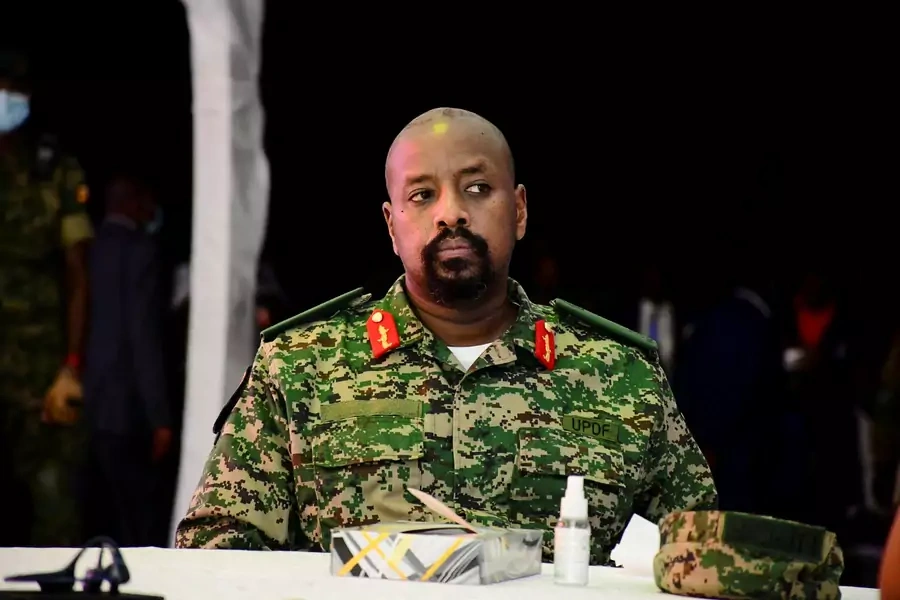Uganda's Uncertain Future

One of Africa’s longest-serving leaders, Uganda’s President Yoweri Museveni, recently spoke with a Kenyan media outlet about leadership succession in his country. While his remarks were not terribly revealing, they were notable in part due to the sensitivities surrounding the very idea of a Uganda helmed by someone else. Since coming to power in 1986, Museveni has built and maintained a political system and accompanying security apparatus that tolerates no challenge to his dominance. The treatment meted out to former Museveni comrade-turned opposition stalwart Kizza Besigye, who has contested presidential elections four times and faced dozens of arrests and assaults by security forces is one case in point. The plight of the most recent opposition champion, Robert Kyagulanyi (better known as Bobi Wine), who was beaten, harassed, and placed under house arrest during the last election cycle, is another.
For years, rumors have swirled around a potential dynastic succession plan, wherein the President’s son, General Muhoozi Kainerugaba, would follow in his father’s footsteps to lead the country. But Muhoozi’s social media shenanigans raise legitimate questions about his judgement and impulse control. In addition to enthusing over Russian President Vladimir Putin’s leadership style, he recently “playfully” boasted via tweet that he could lead a campaign to successfully capture the Kenyan capital of Nairobi in a matter of weeks, and criticized former Kenyan President Uhuru Kenyatta for adhering to term limits. The fallout was predictably ambiguous; Muhoozi was both rebuked and promoted. The fact that the General’s freewheeling style stands in marked contrast to the state’s increasing efforts to control online speech certainly suggests he believes himself to be above the constraints and cautions that apply to others.
More on:
It remains to be seen whether Ugandan citizens would accept such a successor to Museveni, or whether Ugandan elites, some of whom have their own leadership ambitions, would rally around Muhoozi. There are plenty of looming structural challenges that cast doubt on the idea that continuity will be a compelling sales pitch to Ugandans, most notably the difficulty of creating enough jobs for Uganda’s rapidly growing labor force. Despite decades of effort to put the country’s history of widespread political violence firmly in the past, regional and communal tensions persist. It may be alarmingly easy to stoke old grievances in a country that has largely dealt with its traumatic past by declining to investigate it. Should succession seriously disrupt Ugandan stability, the consequences for its neighbors in volatile Central Africa and increasingly fragile East Africa could be alarming.
Uganda’s future should be up to its citizens, the vast majority of which have not participated in a free and fair presidential election in their lifetime. But the implications of worst-case scenarios mean that the United States cannot afford to be complacent or sanguine about Uganda’s leadership succession dynamics. Sometimes crises are unpredictable, but Washington can predict and prepare for a succession tussle in Uganda, working through scenarios and prioritizing efforts to understand the internal and external actors that will have influence over how they might unfold. Unfortunately, the United States’ willingness to accept unconstitutional dynastic succession in Chad may well be understood as an important, and ultimately regrettable, signal in Uganda.
More on:
 Online Store
Online Store